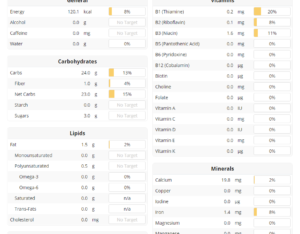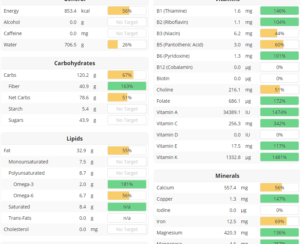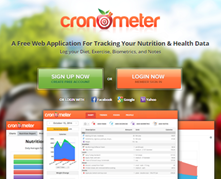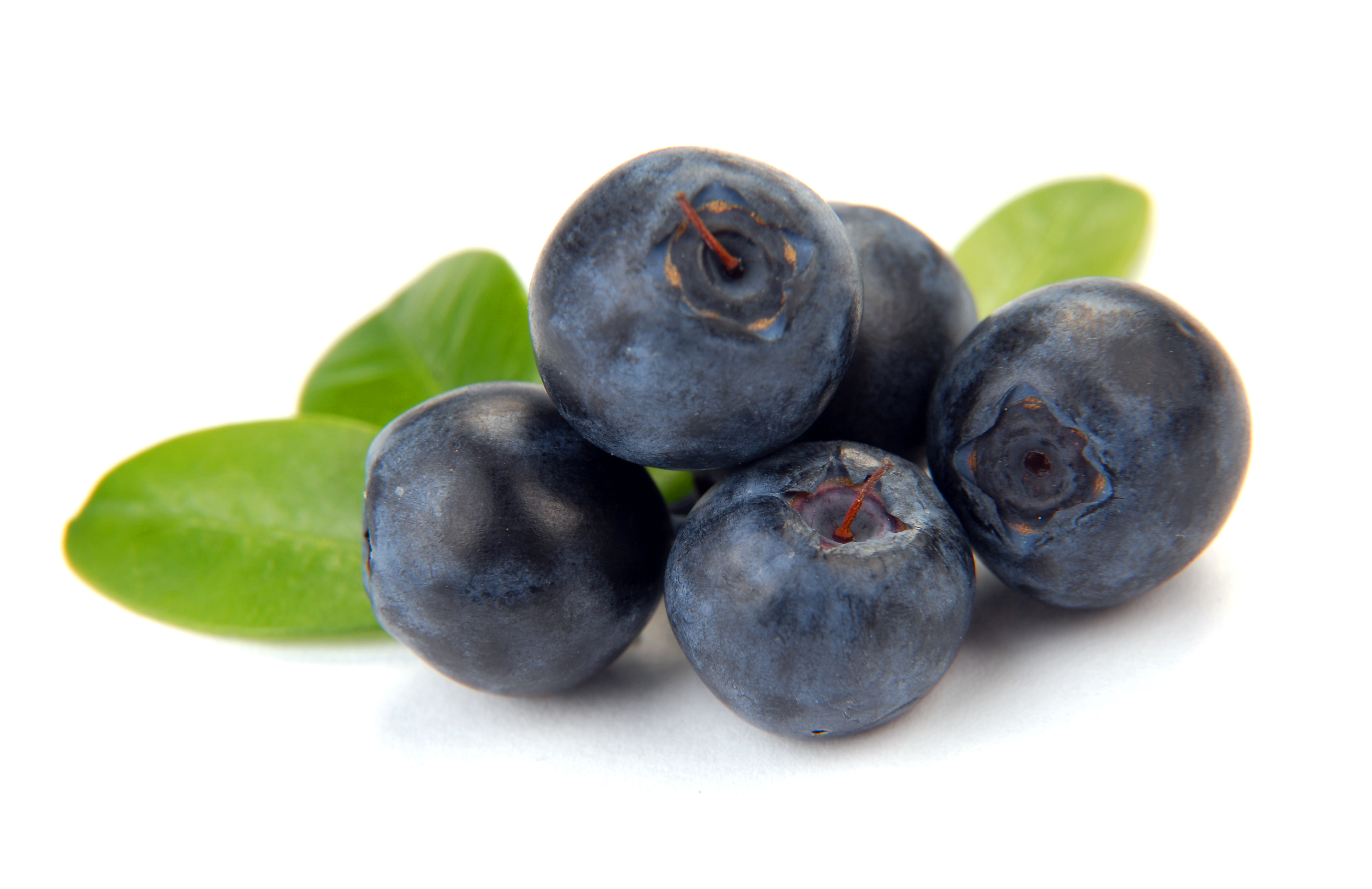
Do you get 100% of the essential nutrients each day?
Are you consistently falling short of your daily intake of Zinc?
How about vitamin B12?
Folate?
Choline?
Potassium?
Do you know which foods in your diet provide the most nutrients and which foods provide the least?
Here is an important way of looking at the nutritional value of the foods you eat:
Calorie density versus Nutrient density.
Wonder Bread versus Broccoli:


Now I know that you know that broccoli is healthier, but the same concept applies to all other less obvious foods.
You do not need to count calories.
Did you ever think you would hear a health coach say that? I’ll say it again.
You do not need to count calories.
You need to count nutrients.
Every cell in your body needs nutrients in order to function. When your cells are deprived of nutrients (from eating high-calorie, low-nutrient foods), they send a signal to your brain saying, “I’m starving – I do not have any nutrients!” Your brain hears, “give me more food!” So you grab more pretzels, potato chips, pasta, and processed snacks. You just filled your stomach to capacity, but did you send your cells the Vitamin C, Calcium, and Zinc it was asking for? No. Continue this pattern for a few days or weeks and you’ll notice food cravings, lack of energy, brain fog, and maybe a cold if your immune system isn’t adequately nourished.
Instead, if you are aware of the nutrients your body needs and how to supply those nutrients, your cells will be able to do their job and you will not only feel great, but you will naturally maintain a healthy body weight.
My point is: if you eat enough nutrient-dense foods, you will not be hungry for more food than your body actually needs. Over time, balancing intake of nutrient-dense foods with output of moderate exercise, you will naturally arrive at a healthy body weight.

Cronometer.
I have never in my life used diet-related apps to track my food intake. In my opinion, they were a waste of time, inaccurate, hard to measure foods, and not worth the effort. However, two weeks ago a classmate in my Micronutrients course recommended Cronometer to track micronutrient intake. I played around with and decided to track my food for one day. I was amazed by how easy, intuitive, and insightful this app was!! 9 days later, I have logged every food I have eaten and I have learned SO much!
I have been able to identify trends of the nutrients I am chronically low in and change my diet to incorporate specific foods to meet my targets! For example, spinach in my morning smoothie is a huge nutrient booster, as are eggs, salmon, almond butter, and beans.
Nutrient tracking is essential for anyone following a restricted diet, such as gluten-free, dairy-free, vegan, vegetarian, grain-free, etc. Each of these diets have the potential to be either health-promoting OR health-destructive – it all depends on awareness, planning, and intentionality.
Please note that while all nutrient-tracking apps are very helpful, they do not account for the fact that fat-soluble vitamins (A, D, E, & K) require a certain amount of fat in order to be absorbed. It does not account for the fact that plant-based iron has a much lower absorption rate than animal-based iron, nor does it consider that certain nutrients are much more readily absorbed in the presence of other nutrients. This is one reason that I will always have a job as a health coach and soon-to-be nutritionist. It is always best to consult with a health professional when making dietary decisions.
I hope you enjoyed this post, and I highly encourage you to track your food for one week. Take note of any nutrients you are low in each day, and contact me for strategies to healthily increase your consumption of all of the micronutrients! Any questions, please let me know, I love learning about this!!
